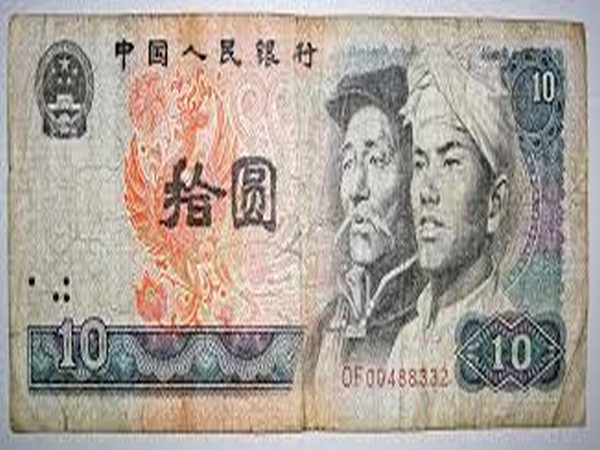China, which once boasted of a robust defence against COVID-19 pandemic, is now hit hard by the return of the virus.
Consumer spending and factory output tumbled last month, while growth in infrastructure investment that Beijing has been touting to bolster growth this year also slowed, according to China’s National Bureau of Statistics.
According to the Policy Research Group (POREG), the headline jobless rate has zoomed to a two-year high of 6.1 per cent, as further proof of the economic fallout wrought by the country’s strictest pandemic protocols.
The think tank pointed out that China’s stimulus spurs since the pandemic first exploded a couple of years ago mainly zeroed in on the supply side.
As China faces the huge economic impact of the virus, Chinese Premier Li Keqiang has called for an accelerated pace and ramped-up efforts in the implementation of macro policies.
Li, also a member of the Standing Committee of the Political Bureau of the Communist Party of China Central Committee, last week made the remarks while chairing a symposium on stabilizing growth, held in Yunnan Province.
According to Xinhua news agency, he highlighted efforts to stabilize the growth of market entities and shore up employment and people’s basic livelihoods, underpinned by stable growth.
Noting that the new wave of domestic COVID-19 resurgences and changes in the international situation have posed further downward pressure on the economy, Li stressed the importance of confidence, citing China’s more than 150 million market entities, strong resilience and generally stable prices.
“We have always insisted on avoiding ‘flood-like’ stimulus. We didn’t issue excess paper currency, even when COVID-19 hit us the hardest in 2020,” Li said, adding that there is still room for policy manoeuvre in the face of new challenges.
He emphasized the importance of efforts to coordinate COVID-19 control with economic and social development in a more efficient way, and the importance of stepping up macro regulation.
As most policies introduced by the Central Economic Work Conference and government work report were implemented in the first half of 2022, Li called for local governments to put forward more measures in May, in order to quickly bring the economy back on track.
The country must ensure the full implementation of its relief measures, including tax cuts and refunds, so that enterprises can enjoy policy support promptly and thoroughly, Li said.
On stabilizing the economy, the Chinese premier said that the country must ensure an adequate grain output and energy supply, and maintain the stability of prices and all factors underpinning economic development.
Impediments in logistics and upstream-downstream connections must be cleared to smoothen industrial and supply chains, Li said.

